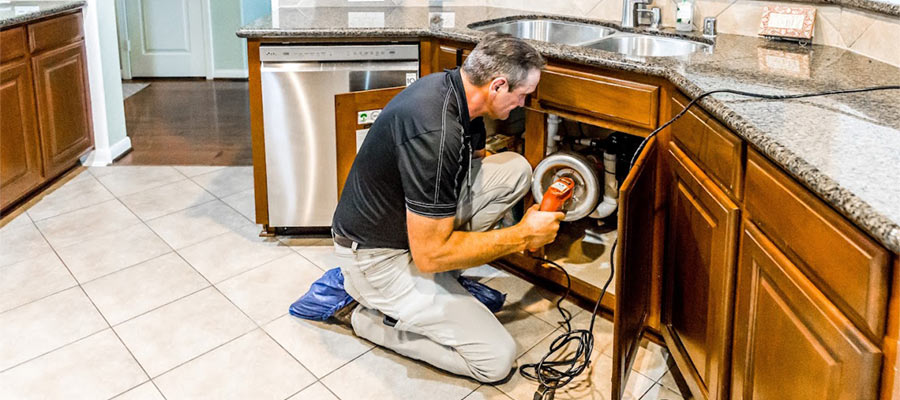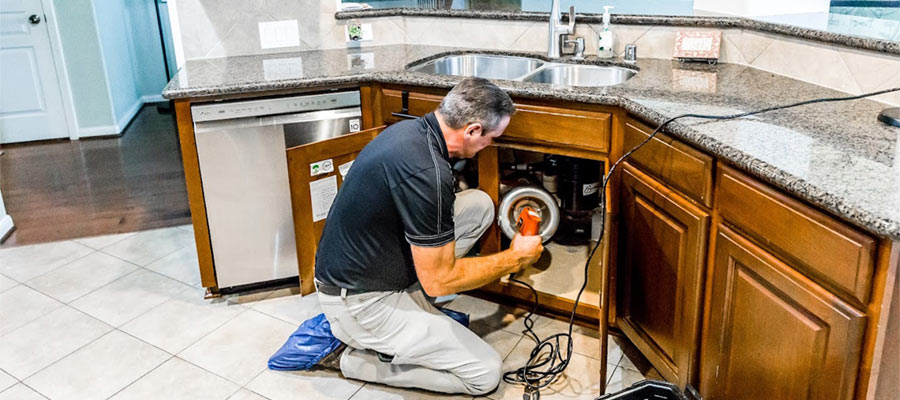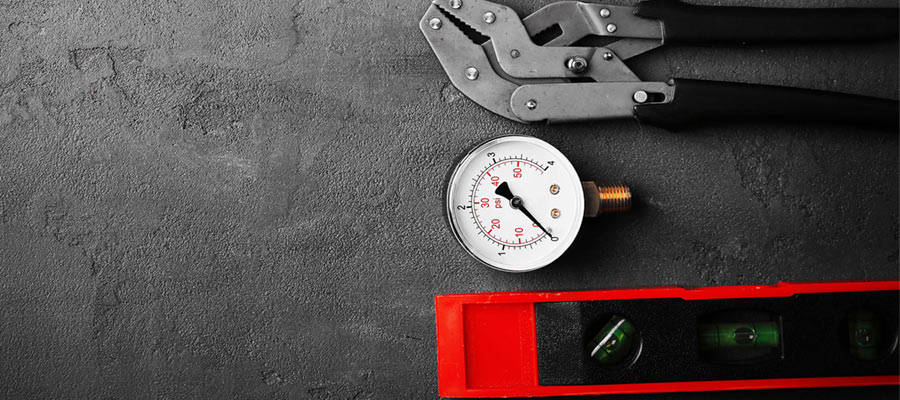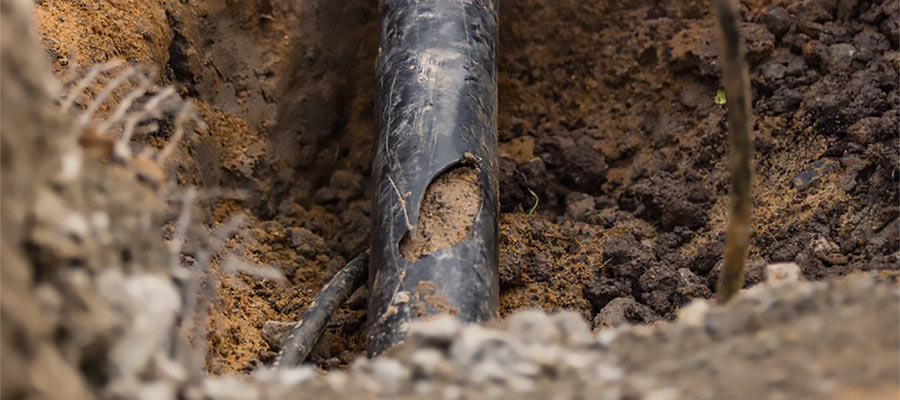When it comes to water heater repairs, it’s essential to hire a professional plumber. Water heater repairs involve various tasks such as installation, maintenance, and repairs. While it may be tempting to attempt DIY plumbing, especially with the abundance of online tutorials, it’s crucial to have the necessary experience and knowledge.
Hiring a professional plumber for water heater repairs is essential to ensure the proper functioning and longevity of your water heating system. When it comes to the complexities of water heater plumbing, it is best to leave the job in the hands of experienced professionals. If you try to do the repairs by yourself, you might risk hurting yourself instead.
The Risks of DIY Water Heater Repair
While it may be tempting to attempt DIY plumbing for your water heater, it is important to recognize the risks involved. Without proper experience and knowledge, DIY plumbing can lead to costly mistakes and potential hazards. Plumbing requires expertise and understanding of various systems and components. Attempting to fix or install a water heater without the necessary experience can result in improper connections, faulty installations, and even damage to your plumbing system or property.
DIY plumbing mistakes can be expensive to rectify. An incorrect installation or repair can cause leaks, water damage, or even electrical problems. The cost of fixing these mistakes can far exceed the initial savings of attempting the DIY route. It is best to leave complicated plumbing tasks to the professionals to avoid unnecessary expenses. Working with water heaters involves handling electricity, gas lines, and plumbing connections. Without proper training and knowledge, you risk exposing yourself and your property to safety hazards. Professional plumbers are trained to handle these risks, ensuring the safety of you and your home.
DIY vs Professional Plumbing Service
While small plumbing tasks like changing a faucet or unclogging a drain may be suitable for DIY, water heater plumbing requires professional expertise. By hiring a professional plumber, you can have peace of mind knowing that the job will be done correctly and safely, saving you time, money, and potential headaches. Water heater issues can be complex and difficult to diagnose and repair. Hiring a professional plumber ensures that any problems with your water heater will be efficiently and correctly addressed.
Identifying Common Water Heater Issues
Professional plumbers have extensive knowledge of the common issues that can occur with water heaters. They can quickly assess and identify the root causes of problems such as insufficient hot water, leaks, strange noises, or pressure issues.
Water heaters rely on thermostats and heating elements to heat water. When these components malfunction, issues with hot water supply can arise. Professional plumbers have the expertise to diagnose thermostat and heating element problems accurately and recommend the appropriate solution.
Water leaks and pressure issues can lead to significant water damage and impact the performance of your water heater. Professional plumbers have the necessary skills and tools to detect and address leaks, as well as resolve pressure problems, ensuring the optimal functioning of your water heater.
In the event of component failures, such as a faulty valve or a damaged pipe, a professional plumber can efficiently repair or replace the problematic parts. Their expertise and access to replacement components ensure that your water heater is restored to working order promptly.
When Should a Water Heater be Replaced?
While regular maintenance can extend the lifespan of your water heater, there may come a time when it needs to be replaced. Recognizing the signs and knowing when to replace your water heater is important for the safety and efficiency of your plumbing system.
There are several indicators that your water heater may be nearing the end of its lifespan. These signs include inadequate hot water supply, strange noises coming from the tank, rusty or discolored water, frequent leaks, and an increase in energy consumption. The age of your water heater is a crucial factor in considering whether it needs to be replaced. Most water heaters have a lifespan of around 8 to 12 years. If your water heater is approaching or exceeding this time frame, it may be more cost-effective and practical to replace it rather than continuously repairing it.
Water heater repairs often require specialized tools and equipment that professional plumbers have access to. This allows them to perform their work more efficiently, accurately, and safely. Professional plumbers possess a wide range of specialized tools specifically designed for plumbing tasks. These tools enable them to handle various aspects of water heater plumbing, from installation to repair. Examples of specialized tools include pipe wrenches, pipe cutters, flare wrenches, and flaring tools.
Detecting and repairing leaks in water heaters require advanced equipment that professional plumbers possess. These tools, such as thermal cameras and leak detection devices, can locate hidden leaks, even within walls or underground. This allows for quick and precise repairs, ensuring the integrity of your plumbing system. In the event that a component needs to be replaced, professional plumbers have access to a wide range of replacement parts. Their industry connections and supplier relationships enable them to source high-quality components, ensuring that your water heater is repaired with the appropriate parts for optimal performance and longevity.
Hiring a professional plumber for your water heater repairs is essential to ensure the safety, efficiency, and longevity of your water heating system. With their expertise, specialized tools and equipment, and commitment to quality workmanship, professional plumbers like those at John Moore Services can provide the necessary services to keep your water heater running smoothly. With over 50 years of experience we can repair most major brands including Rheem, Bosch, GE, Kenmore, AO Smith, Ruud, Bradford White, Rinnai, and many more.
John Moore Services is your trusted partner. John Moore Services offers top-notch water heater repair services. Whether you need water heater installation, repairs, or replacement, you can rely on John Moore Services to deliver outstanding results. Contact John Moore Services today at (713) 730-2525 or visit their website at https://www.johnmooreservices.com.




